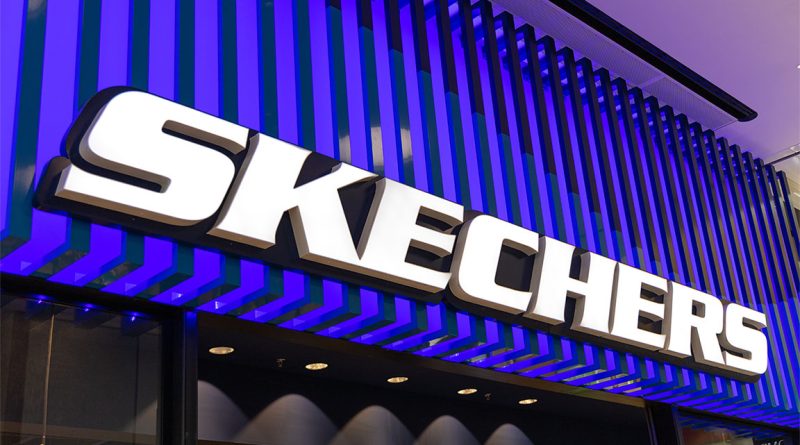Skechers to Go Private in $9.4B Deal With 3G Capital
Subscribe to our free newsletter today to keep up to date with the latest manufacturing news.
Skechers, a globally recognized name in athletic and casual footwear, is entering a new chapter following its $9.4 billion acquisition by investment firm 3G Capital. The deal signals a strategic shift for the California-based brand, which will become a private company after nearly two decades of public trading. While surprising to some, the move underscores long-term ambitions and shields Skechers from mounting market pressures and trade volatility.
Details of the Acquisition
3G Capital, the investment group known for its controlling interests in Kraft Heinz and Burger King, agreed to acquire Skechers for $63 per share, representing a 30 percent premium over the company’s recent 15-day average. The transaction values Skechers at approximately $9.4 billion. Following the announcement, Skechers’ stock price surged by 25 percent, closing at $61.59.
The deal is structured as an all-cash transaction. Shareholders will receive a significant premium, and upon closing, the brand will be delisted from the New York Stock Exchange. While the acquisition is subject to regulatory approvals and customary closing conditions, both parties expect the deal to finalize later this year.
Despite the scale of the transaction, Skechers’ operational and executive structure will remain intact. The company will continue to be led by Chairman and CEO Robert Greenberg, along with President Michael Greenberg and COO David Weinberg. Furthermore, the brand will retain its headquarters in Manhattan Beach, California.
This continuity is likely to reassure employees, suppliers, and international partners, particularly given Skechers’ extensive global operations. In a statement, Greenberg noted that the deal positions Skechers to accelerate its long-term strategy while remaining agile in a changing retail landscape.
Market and Economic Context
The decision to go private comes at a time of increasing economic uncertainty and trade tension. Skechers, which generates two-thirds of its revenue internationally, has faced growing challenges from US-imposed tariffs, particularly on goods sourced from China. To mitigate these pressures, the company has restructured vendor relationships and diversified its supply chain to protect margins.
China remains a key market, accounting for roughly 15 percent of total revenue. Skechers’ emphasis on international growth, including expansions in Europe, Latin America, and Southeast Asia, positions it as a major player in the global footwear market. However, geopolitical factors and rising costs have made strategic planning more complex.
Privatization offers Skechers several strategic benefits. Freed from the short-term scrutiny of public markets, the company can now pursue growth initiatives with greater flexibility. This includes investing in digital channels, streamlining logistics, and expanding its global retail footprint.
3G Capital’s operational model, known for aggressive cost management and strategic scaling, could further sharpen Skechers’ focus on efficiency. While some industry analysts express caution about potential cost-cutting measures, the stability of the existing leadership team suggests a measured approach.
Sources:
